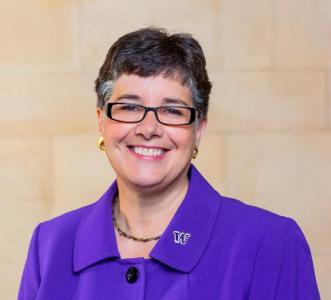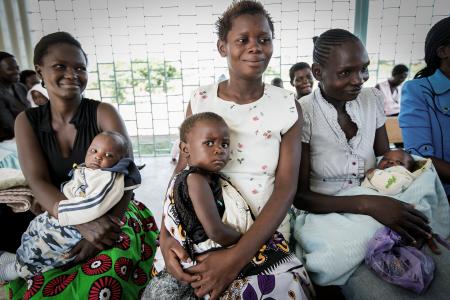SPH Close Up: Joel Kaufman, Interim Dean
Before he earned his MD, Joel Kaufman was a best-selling author — for a week, at least.
In 1982, he took a year off from his studies to work for the consumer advocacy Public Citizen Health Research Group in Washington, D.C. The result was a book, Over the Counter Pills That Don’t Work.




